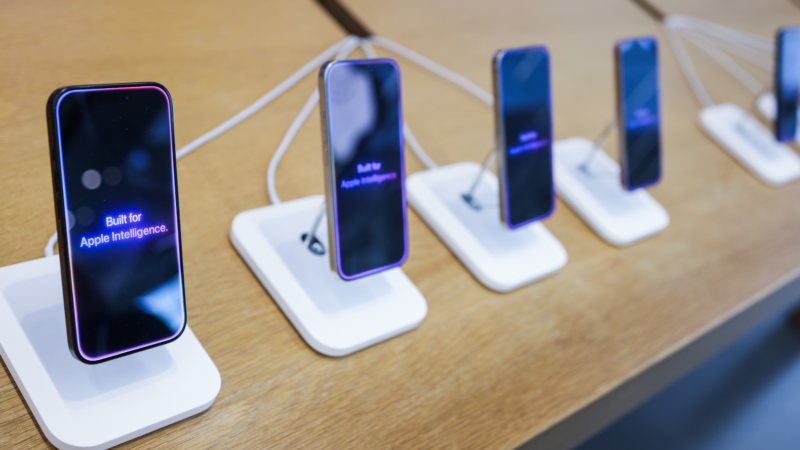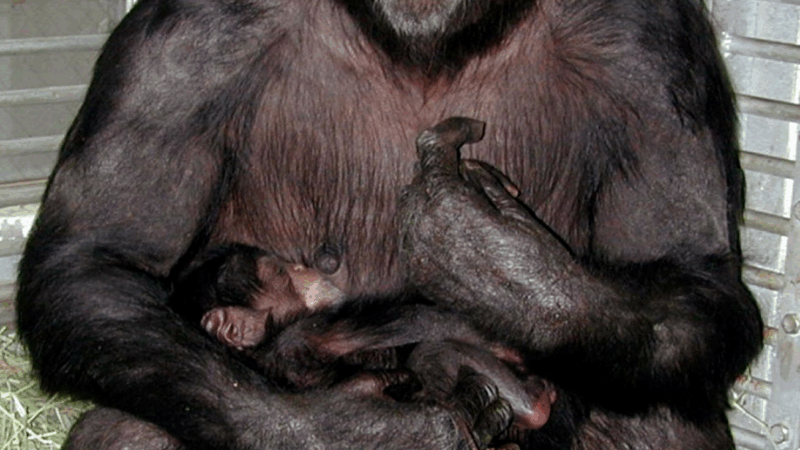Smartphones and computers are now spared from Trump’s reciprocal tariffs
The Trump administration has amended its list of imports that will be affected by sweeping global tariffs in order to exempt certain electronics, including smartphones and computers.
The updated guidance was published Friday night by U.S. Customs and Border Protection. The exemption will apply to President Trump’s steep “reciprocal tariffs” imposed across dozens of countries, which have since been paused until early July as well as the 145% levies currently in place on China. That was the only country excluded from the reciprocal tariff pause.
The exemption is effective for products that entered the U.S. or left warehouses starting on April 5. The White House issued a presidential memo about the exemption on Saturday.
When asked about the reasoning behind the exemption, White House press secretary Karoline Leavitt said in a statement: “President Trump has made it clear America cannot rely on China to manufacture critical technologies such as semiconductors, chips, smartphones, and laptops.”
Leavitt added, “At the direction of the President,” companies including Apple, TSMC and Nvidia “are hustling to onshore their manufacturing in the United States as soon as possible.”
The electronics exemption is a major development in the tariff war with China, which has imposed a 125% tariff on U.S. goods. Prices for electronics from China, a key sector, had been expected to spike.
Among the items that will now be spared from Trump’s steep tariffs include smartphones, computers, semiconductors, and flat panel display modules. But the updated guidance did not address any changes to the existing 20% tariff on Chinese goods in response to China’s involvement in the fentanyl trade.
According to the U.S. International Trade Commission, China has long been America’s chief source for electronic products, with Mexico, Taiwan, Vietnam, and Malaysia rounding out the top five.
There was also concern for American tech giants that rely on supply chains in China, like Apple. Before the updated guidance, Apple was expected to experience major setbacks as a result of the tariffs, Dan Ives, global head of technology research at Wedbush Securities, told CNBC earlier this week.
US launches new retaliatory strike in Syria, killing leader tied to deadly Islamic State ambush
A third round of retaliatory strikes by the U.S. in Syria has resulted in the death of an Al-Qaeda-affiliated leader, said U.S. Central Command.
NASA rolls out Artemis II craft ahead of crewed lunar orbit
Mission Artemis plans to send Americans to the moon for the first time since the Nixon administration.
Trump says 8 EU countries to be charged 10% tariff for opposing US control of Greenland
In a post on social media, Trump said a 10% tariff will take effect on Feb. 1, and will climb to 25% on June 1 if a deal is not in place for the United States to purchase Greenland.
‘Not for sale’: massive protest in Copenhagen against Trump’s desire to acquire Greenland
Thousands of people rallied in Copenhagen to push back on President Trump's rhetoric that the U.S. should acquire Greenland.
Uganda’s longtime leader declared winner in disputed vote
Museveni claims victory in Uganda's contested election as opposition leader Bobi Wine goes into hiding amid chaos, violence and accusations of fraud.
Opinion: Remembering Ai, a remarkably intelligent chimpanzee
We remember Ai, a highly intelligent chimpanzee who lived at the Primate Research Institute of Kyoto University for most of her life, except the time she escaped and walked around campus.






